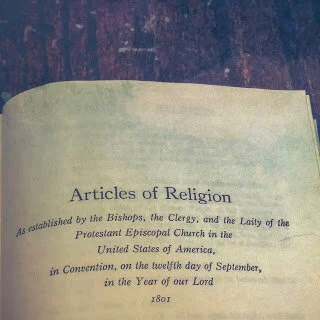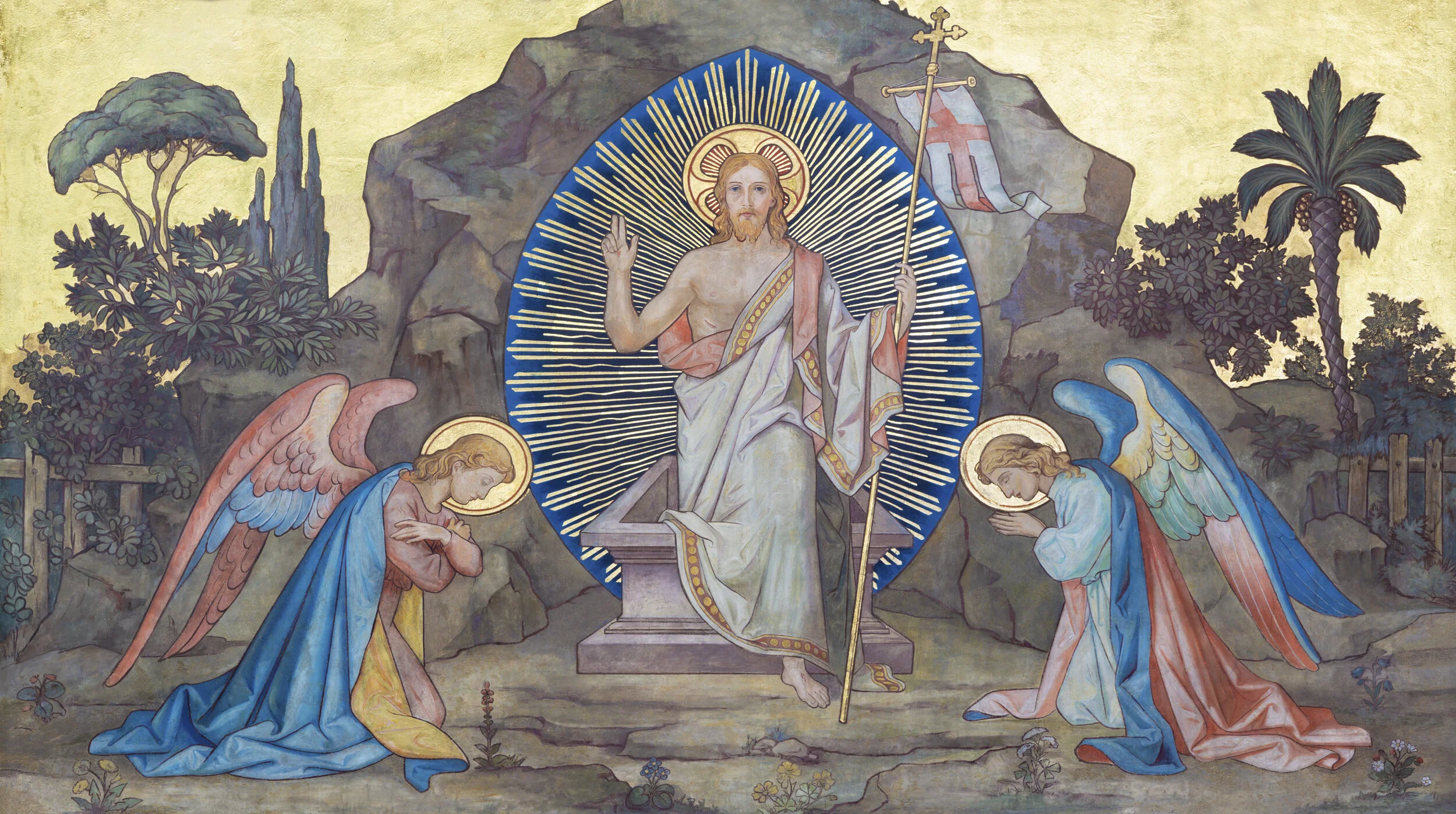On God’s First Help
The final two questions of the section from the 1979 Catechism offer greater insight into the purpose of this first section on human nature. In particular, the final question implies both the effects of Sin on our knowledge of God as well as how God can be known by humans under the conditions of Sin.
On Misusing Freedom
This entry on the 1979 Catechism brings us to the question of why humans beings, created in the image of God, do not live as we were created to. Looking at the two questions and answers about human nature related to Sin, this post looks at how it is that it is possible for humans to misuse their freedom and why all of us in fact do.
On Bearing the Image of God
The 1979 Catechism places human nature in the context of the image of God. It sees the image of God in line with the classic understanding of Augustine as related to specific human cognitive capabilities. In this post, we explore where this sits in the larger Anglican consideration of the image of God and what problems this construal may raise for our understanding of our relationship to God as humans.
On What We Are by Nature
Here’s a chance to enter into the 1979 Book of Common Prayer’s first section of the catechism on human nature. Included is an explanation of why human nature may be the first section as well as a description of what it means that human beings are part of creation.
On the Catechism
Here begins a series on each of the questions from the catechism from the 1979 Book of Common Prayer. This first post gives a little background on the hope of the series and then an overview of catechisms in general.
On Attending Weekly Worship
Worship is hard in the stimulation saturated world we live in. But this, and the possibility of boredom it entails, is precisely why it’s so important for us to attend to have our desires reformed so that we can be disposed to the worship of God—because that’s a lot of what our hope is oriented toward.
On the Poor Always Being with You
John 12:8 and Matthew 26:11 are often deployed to argue for Christian inaction on poverty, but I think the more faithful reading is to see these as instances where the exception proves the rule that Christians should be hyper-vigilant about prioritizing care for the poor.
On Reading the Bible One Verse at a Time
Many of us find starting habits like daily Bible reading or prayer daunting—but James Clear in Atomic Habits may offer a way to ease into such habits in such a way that they can become permanent features of our lives.
On Setting Goals
The church often offers SMART goals as an effective way to help get things done and move you closer to your ultimate purpose—but for me, they often don’t actually end up yielding any results. I offer a different goal-setting acronym (USE PACT) that offers the best of SMART goals while correcting their inability to look at best-practice systems or their undue focus on uncontrollable outcomes.
On Kierkegaard and Original Sin
An exploration of the implications for evolution to Christianity—not from the perspective of biblical authority, but what it means for concepts of a static creation that underlie classical constructions of the doctrine of Original Sin.
On Outlining Romans
An outline of the book of Romans to help you learn the structure of this important book of the Bible better.
On Making the Mainline Visually Appealing
One of the problems of the mainline church is it all too often fails to have a visual identity that does justice to the content of its proclamation. Here are a few tips on how to (relatively) easily fix that.



















